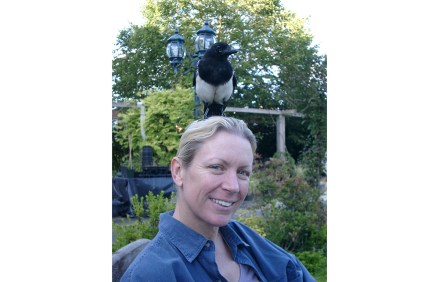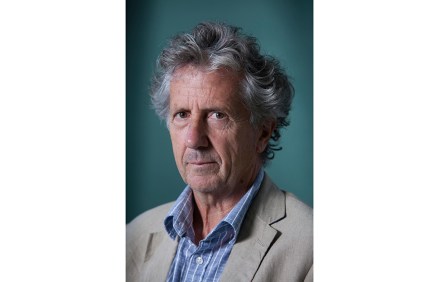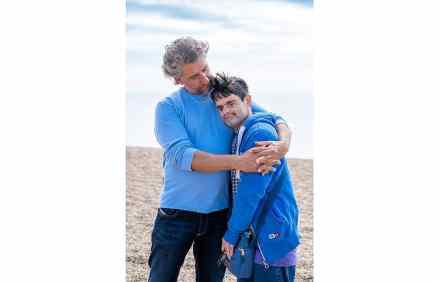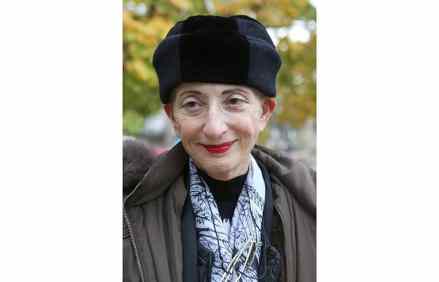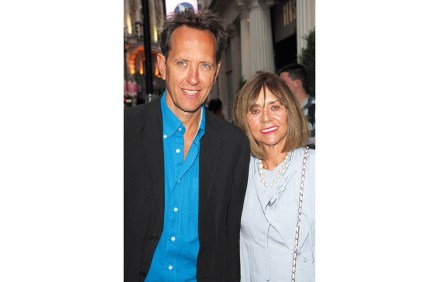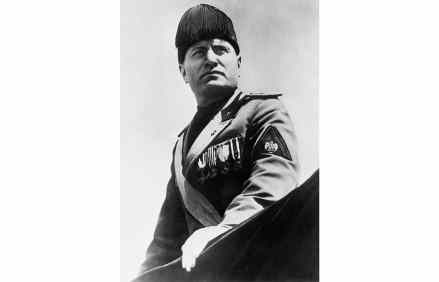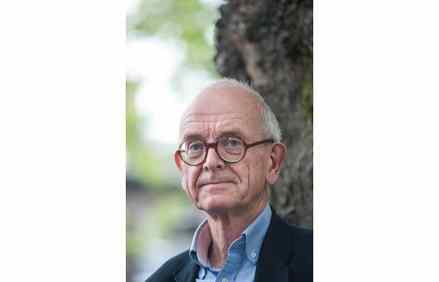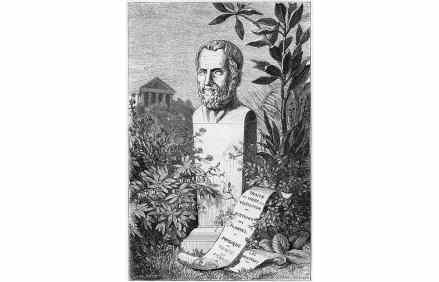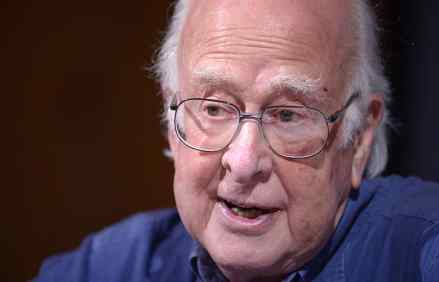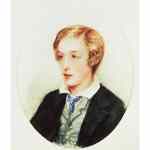A magpie proves a troublesome pet
With his swashbuckling gait, ominous associations and garrulous demeanour, the magpie is the dandified razor boy of our avifauna and provokes ambivalent feelings (the ‘pie’ part signifies many a mixture). His pilfering reputation has inspired work from Rossini to the prog-rock band Marillion, and in lab tests he’s one of the few creatures brainy enough to recognise his own image in a mirror – even some Marillion fans can’t do that. But it’s hard to see how this corvid could be truly lovable. The artist and poet Frieda Hughes, however, fell for a little foundling Pica pica back in May 2007 when she was refurbishing her ramshackle new home. He
